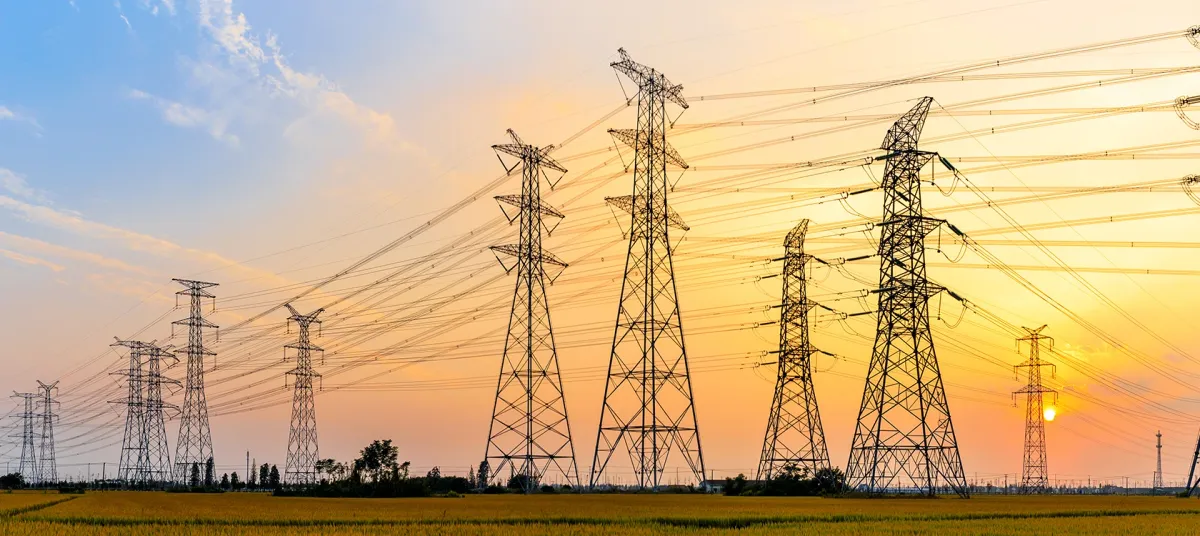Security Alert Issued After Discovery of Hidden Communication Devices in Chinese Solar Power Inverters
Concerns about Chinese solar energy equipment in U.S. power grids increase after communication devices were discovered, raising the possibility of remote access.

U.S. energy officials are intensifying their scrutiny of Chinese-manufactured devices integral to renewable energy systems, following the discovery of unexplained communication equipment within some products, according to sources familiar with the matter.
Power inverters, a crucial link between solar panels or wind turbines and electrical grids, have come under particular focus. These devices—predominantly produced in China—are also found in batteries, heat pumps, and electric vehicle chargers. While they are designed to permit remote updates and maintenance, utilities commonly deploy firewalls to prevent unauthorized external communications, especially those directed back to China.
Recent examinations by U.S. experts, who disassemble equipment for security assessments, have uncovered undocumented communication devices such as cellular radios in some Chinese inverters and batteries. These components were not listed in official product documentation and were detected over the past nine months in devices from multiple suppliers.
The presence of these unauthorized channels raises alarms: experts warn that they could be exploited to bypass digital safeguards, allowing remote parties to alter inverter settings or even disable them entirely. Such interventions could destabilize power grids, damage infrastructure, and potentially trigger widespread blackouts.
One source commented, “That effectively means there is a built-in way to physically destroy the grid.” Both individuals familiar with the findings declined to disclose the names of affected manufacturers or the number of compromised devices identified, citing confidentiality concerns.
The discoveries have not been publicly acknowledged by U.S. authorities. The Department of Energy (DOE) responded that it continually reassesses risks tied to emerging technologies and is working to improve transparency through initiatives like “Software Bill of Materials”—inventories of all software components within a product—and other contractual measures.
Industry leaders and lawmakers voiced growing concern:
- Mike Rogers, former director of the National Security Agency, noted, “China believes there is value in placing at least some elements of our core infrastructure at risk.”
- Representative August Pfluger, a member of the Committee on Homeland Security, asserted, “The threat we face from the Chinese Communist Party is real and growing... Whether it’s telecom hacks or remotely accessing solar and battery inverters, the CCP stops at nothing to target our sensitive infrastructure and components.”
A spokesperson for the Chinese embassy in Washington disputed the allegations, stating, “We oppose the generalization of the concept of national security, distorting and smearing China’s infrastructure achievements.”
Amidst rising U.S.-China tensions, the U.S. and allied nations are reevaluating China’s role in strategic infrastructure, driven by fears of hidden vulnerabilities. In February, U.S. senators introduced legislation to ban the Department of Homeland Security from purchasing batteries from six Chinese companies deemed closely linked to the Chinese Communist Party, starting in October 2027.
Utilities are reportedly taking steps to minimize dependence on Chinese devices, seeking alternative suppliers where feasible. Florida Power & Light Company, the state’s largest utility, is among those attempting to shift away from Chinese-manufactured inverters.
The dominance of Chinese firms in this sector is stark. Huawei leads globally with 29% of inverter shipments in 2022, trailed by Chinese rivals Sungrow and Ginlong Solis. Some operators, such as German solar developer 1Komma5, deliberately avoid Huawei equipment due to related security concerns. As CEO Philipp Schroeder cautioned, “China’s dominance is becoming a bigger issue because of the growing renewables capacity on Western grids and the increased likelihood of a prolonged and serious confrontation between China and the West.”
Security experts point out that Chinese law requires domestic companies to cooperate with the country’s intelligence agencies. This has fueled worries that foreign grids employing Chinese-made inverters could be exposed to unauthorized control from abroad.
Internationally, European countries are considering or have implemented restrictions:
- Lithuania passed a law in November blocking remote Chinese access to most solar, wind, and battery installations.
- Estonian intelligence officials warned that continued use of Chinese technology could expose the nation to potential blackmail.
- Britain is reviewing the use of Chinese technology in its energy infrastructure, with results expected in the coming months.
A notable incident in November saw solar inverters in the U.S. and elsewhere disabled remotely from China, bringing real-world urgency to official warnings about foreign influence over local electricity supplies. Specifics on the scale of the disruption remain unclear, but the episode reportedly sparked a commercial dispute between supplier companies Sol-Ark and Deye.
A NATO official summarized the mounting concern across Western alliances: “We must identify strategic dependencies and take steps to reduce them.” As renewable energy expands and Chinese-made components proliferate across global grids, policymakers and industry leaders are grappling with how to safeguard critical infrastructure against hidden threats.
